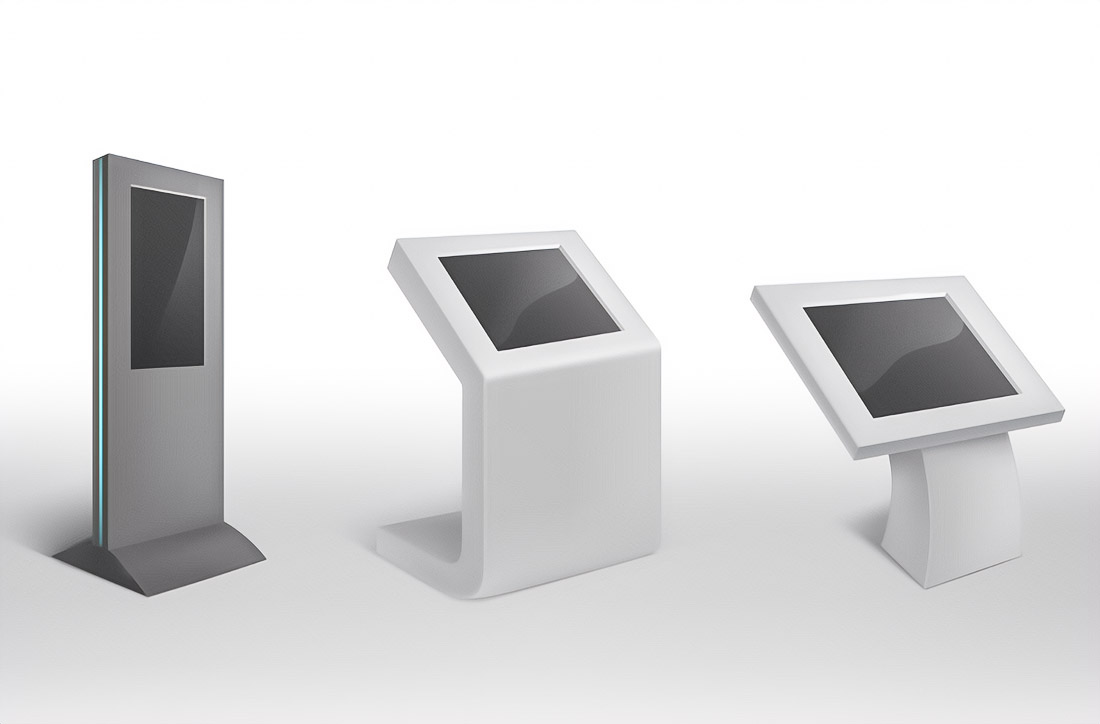

In the UAE service halls, the very logic of interaction between citizens and the state is noticeably changing. Artificial intelligence, virtual queuing, hybrid maintenance, and digital identification have ceased to be an experiment; they have become practice. Visitor flow management is based on ticket terminals, chatbots, digital scoreboards and virtual assistants. These solutions not only relieve staff, but also provide transparency, reducing waiting times and increasing trust in government platforms.
Today, up to 80% of standard requests are handled by chatbots and assistants, allowing citizens to resolve issues without the direct involvement of an employee. As a result, the savings were enormous: more than 336 million paper transactions disappeared, and paper usage decreased by 1.3 billion sheets. The Paperless strategy not only reduced costs, but also consolidated the transition to a sustainable digital government model.
The focus is also on KPIs and business intelligence. Predictive analytics helps to allocate resources in real time, and system interoperability provides flexibility. According to the national strategy 2031, by 2030, the contribution of artificial intelligence to the economy will amount to about 14% of GDP, which is 335 billion dirhams. These data confirm that the introduction of technology has become a strategic engine of development.
Healthcare and Customer Service Experience

Healthcare is showing even more striking results. Predictive medicine uses biometrics, digital twins, and diagnostic automation. More than 150,000 diabetes screenings have shown effectiveness: targets have been exceeded by 150%. The genomic program, which has already sequenced 802,000 genomes, is moving towards the goal of one million by 2027. Technology opens the way to early diagnosis, more accurate preventive solutions, and improves the overall customer service experience for patients who interact with these systems.
Security and transportation were not left out. More than 300,000 predictive analysis cameras have reduced response time by 25% and prevented up to 14% of crimes. By 2030, it is planned that a quarter of all trips will be autonomous. The economic effect here is no less impressive, about 22 billion dirhams in annual savings.
Special attention is paid to people. The position of Chief AI Officer is being introduced, artificial intelligence councils are being created, and new staff training standards are being formed. Educational initiatives affect schools, universities, and professional development centers. This approach ensures the growth of competencies and ensures that technologies will evolve with society.
Cloud infrastructure and the sovereign cloud remain the most important pillars. The safety of data and the trust of citizens require special protection. The result is impressive: the average duration of outages per year was only 0.94 minutes, a world record. The metaverse of offices and virtual assistants is gradually becoming the standard, forming new models of interaction between citizens and the state.
The UAE’s experience clearly shows that the integration of virtual queuing, process automation, predictive planning, and digital identification forms a sustainable, efficient service standard. The level of satisfaction of citizens has already reached 98%. Government services are becoming not only faster and more accessible, they are becoming a system capable of adapting to the future.

Written by Jocelin Edwards
Recent Posts
- How Dubai Government Centers Can Cut Citizen Wait Times With Smart Queuing
- Extraordinary Influence Extracurricular Activities on Success Educational Process: Art, Sport, Volunteering
- Comprehensive Guide to Opening a Bank Account in the UAE
- Seasonal Sailing: Best Times of the Year to Charter a Yacht in Dubai
- Healthcare Tips for a Healthy Vagina
